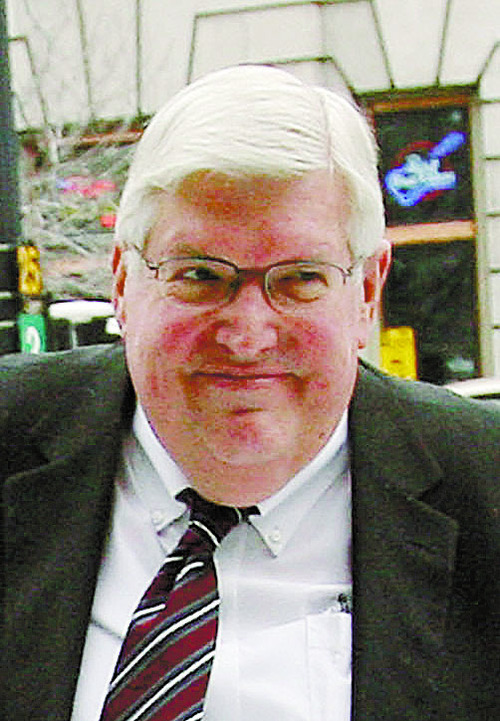This is an archived article that was published on sltrib.com in 2013, and information in the article may be outdated. It is provided only for personal research purposes and may not be reprinted.
Denver • The 10th U.S. Circuit Court of Appeals was asked Friday to overturn Brigham City physician Dewey MacKay's conviction for illegally distributing pain pills and his sentence of 20 years in prison.
MacKay's attorney argued the outcome should be reversed on the two most serious counts on grounds that the evidence was insufficient and the trial judge allowed jurors to consider evidence that should not have been considered.
A prosecutor, Assistant U.S. Attorney Elizabethanne Stevens, disputed the defense arguments and told the three judges they should affirm the 2011 conviction and the sentence.
The 20-year-prison term is the mandatory minimum, Judge William Johnson pointed out to MacKay's attorney, Peter Stirba.
MacKay, 65, is in a federal prison in Los Angeles.
His wife and a dozen other supporters attended Friday's arguments.
Jurors in Salt Lake City convicted MacKay of 37 counts of illegally distributing controlled narcotics to patients, including two counts of distribution resulting in patient David Wirick's death.
Appellate Judge Paul Kelly repeatedly challenged Stevens about the sufficiency of the evidence on those two counts, the most serious ones.
"You have the burden of proof beyond a reasonable doubt," Kelly told Stevens.
The judge said his concern is that one count tied Wirick's death to MacKay distributing oxycodone to him, and another count tied Wirick's death to the doctor distributing hydrocodone to him, but neither drug alone may have caused the death.
MacKay also was convicted of three counts of using a telephone in furtherance of drug distribution. He was acquitted of 44 other distribution counts.
The indictment covered years from 2005 to 2009.
At the trial, prosecutors presented evidence intended to show that MacKay issued prescriptions without conducting sufficient examinations, spending two to five minutes with each patient.
Stirba, MacKay's attorney, said prosecutors contended MacKay's motive was to receive money.
Stirba contends the doctor's exams were sufficient.
Prosecution evidence also showed MacKay ignored red flags from family members of patients that they were abusing the narcotics.
Stirba contends prosecutors did not prove the drugs prescribed were not for a legitimate medical purpose.
Each patient who was part of the case against MacKay "had a documented pain condition" and had sought treatment, Stirba stated earlier in written arguments.
Doctors testifying as prosecution witnesses said MacKay's pattern of prescribing narcotics was not medically reasonable and justified.
Another physician treating Wirick prescribed, two weeks earlier, exactly the same regimen that MacKay prescribed, his attorney said.
Stirba also contends U.S. District Judge Dee Benson seriously erred by allowing evidence from prosecutors about the top 10 prescribers in Utah of oxycodone or hydrocodone, a list that included MacKay.
Stevens argued the evidence was relevant and not improperly prejudicial.
The judges are expected to issue their decision later this year.



